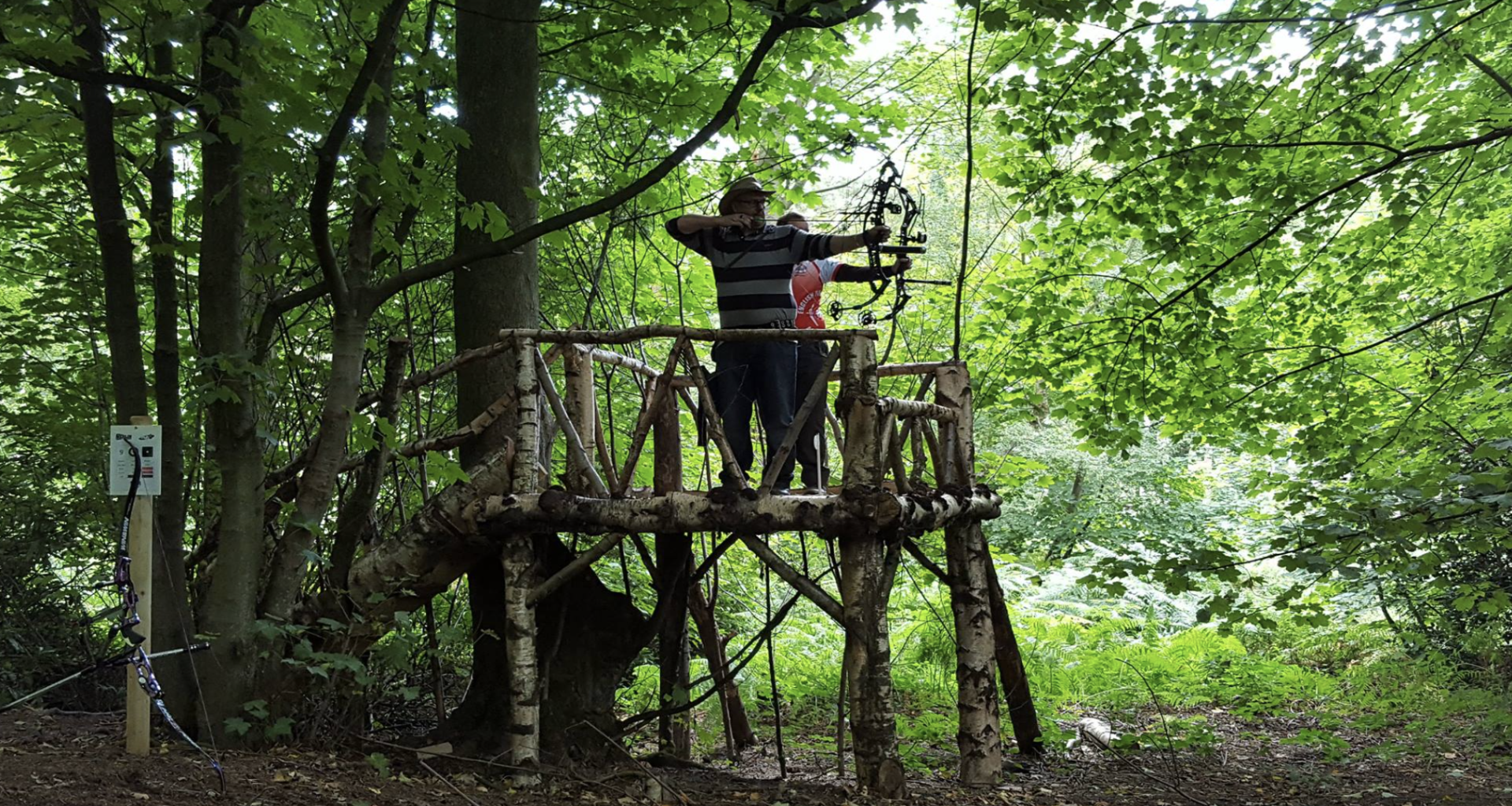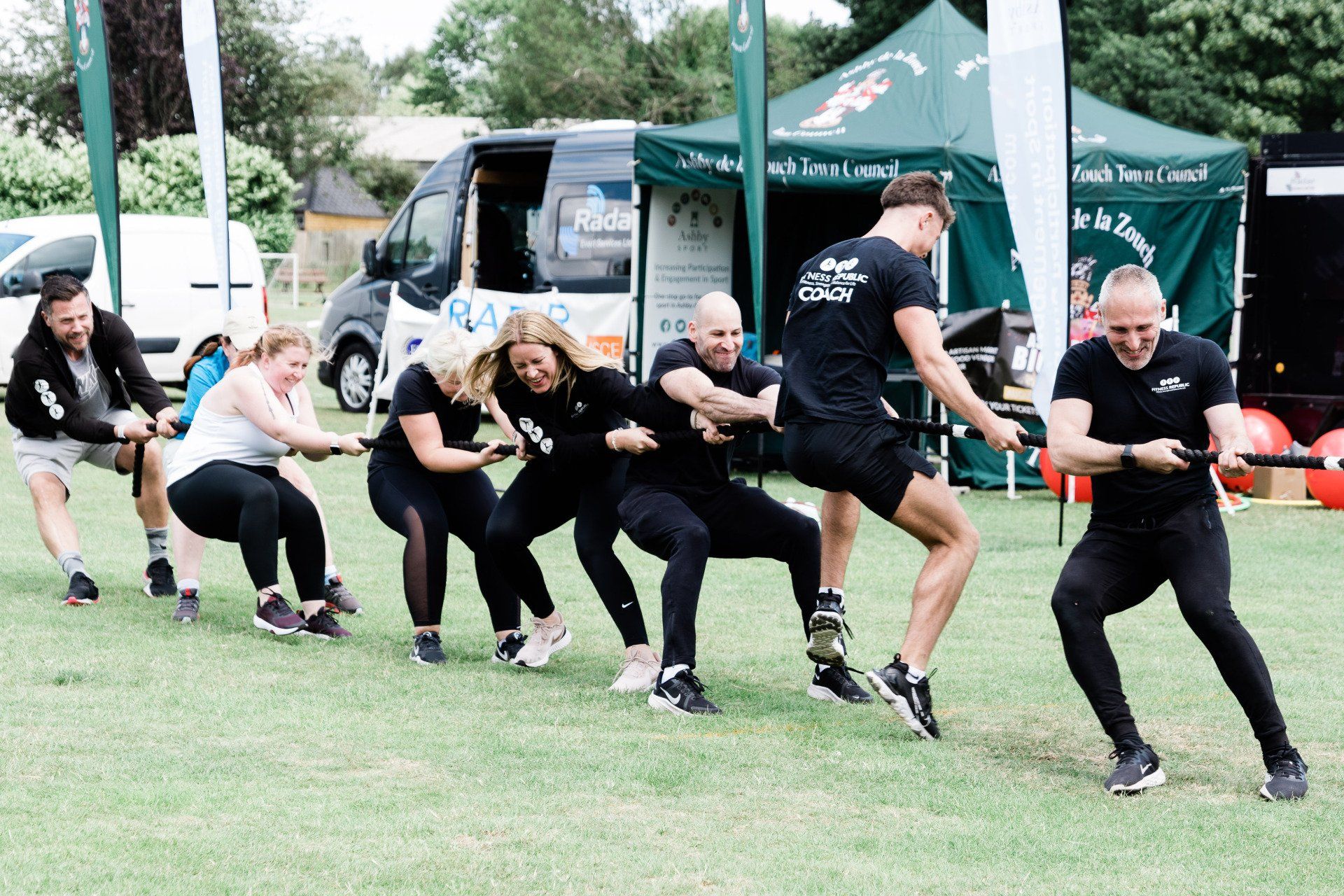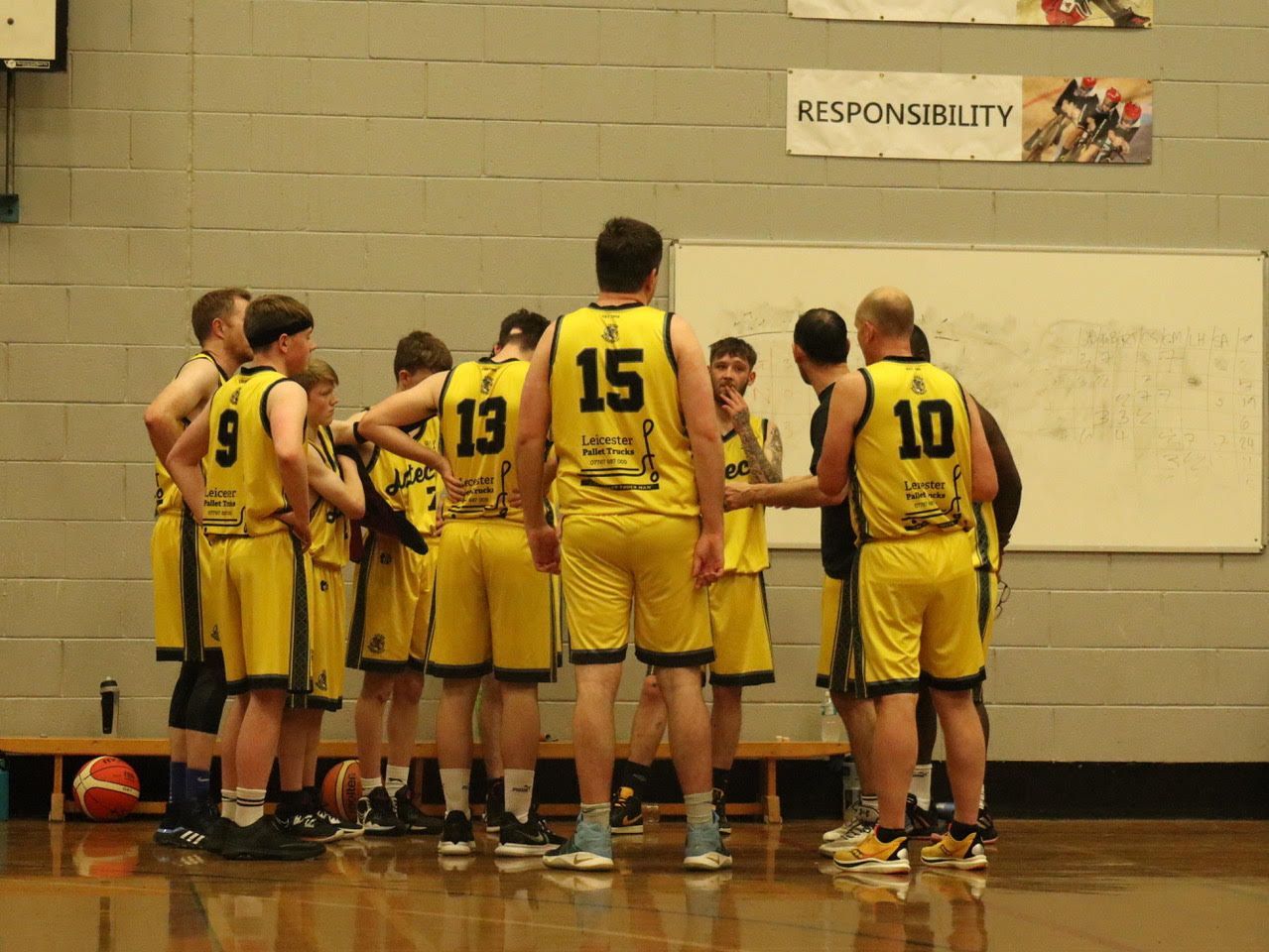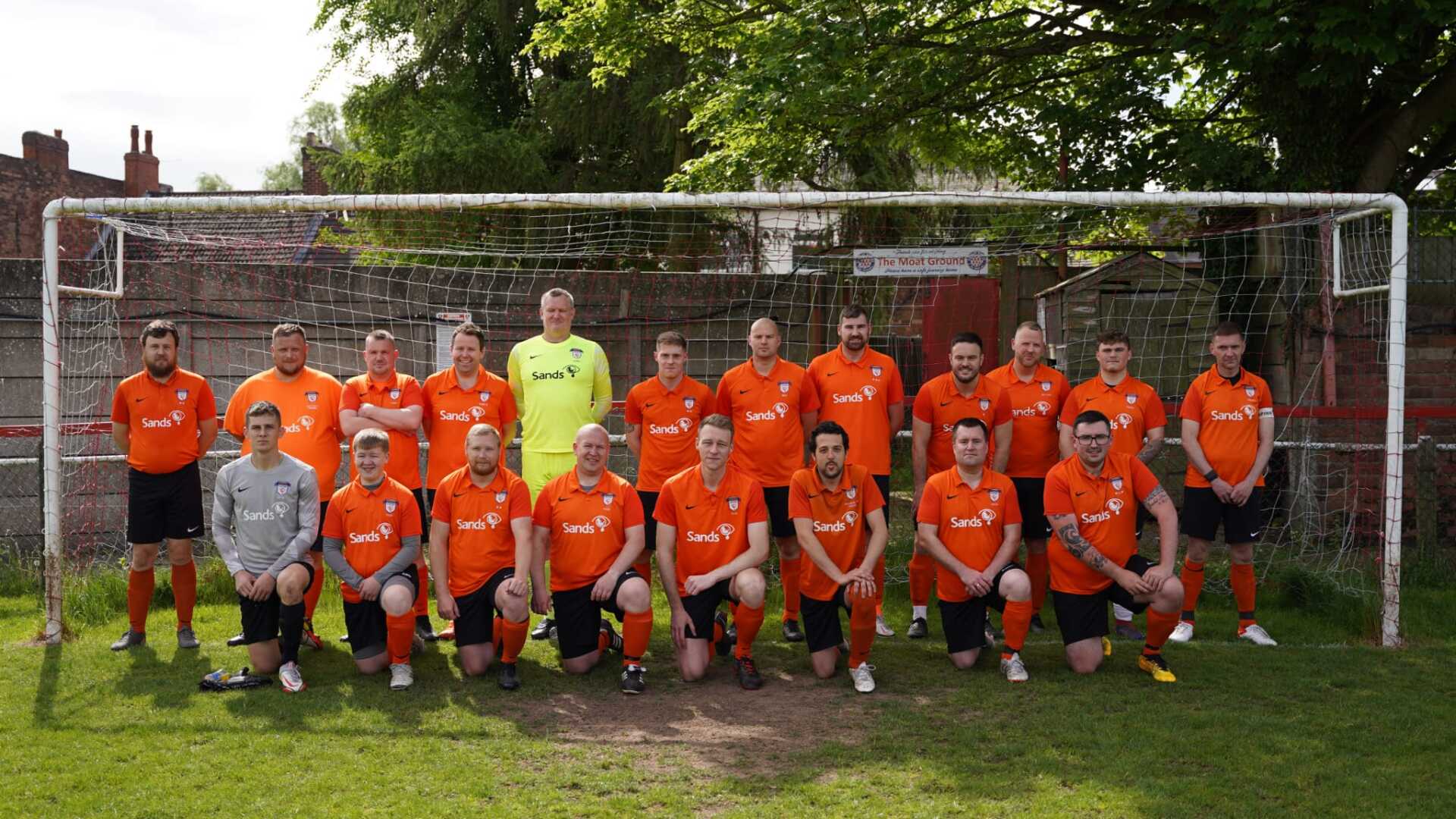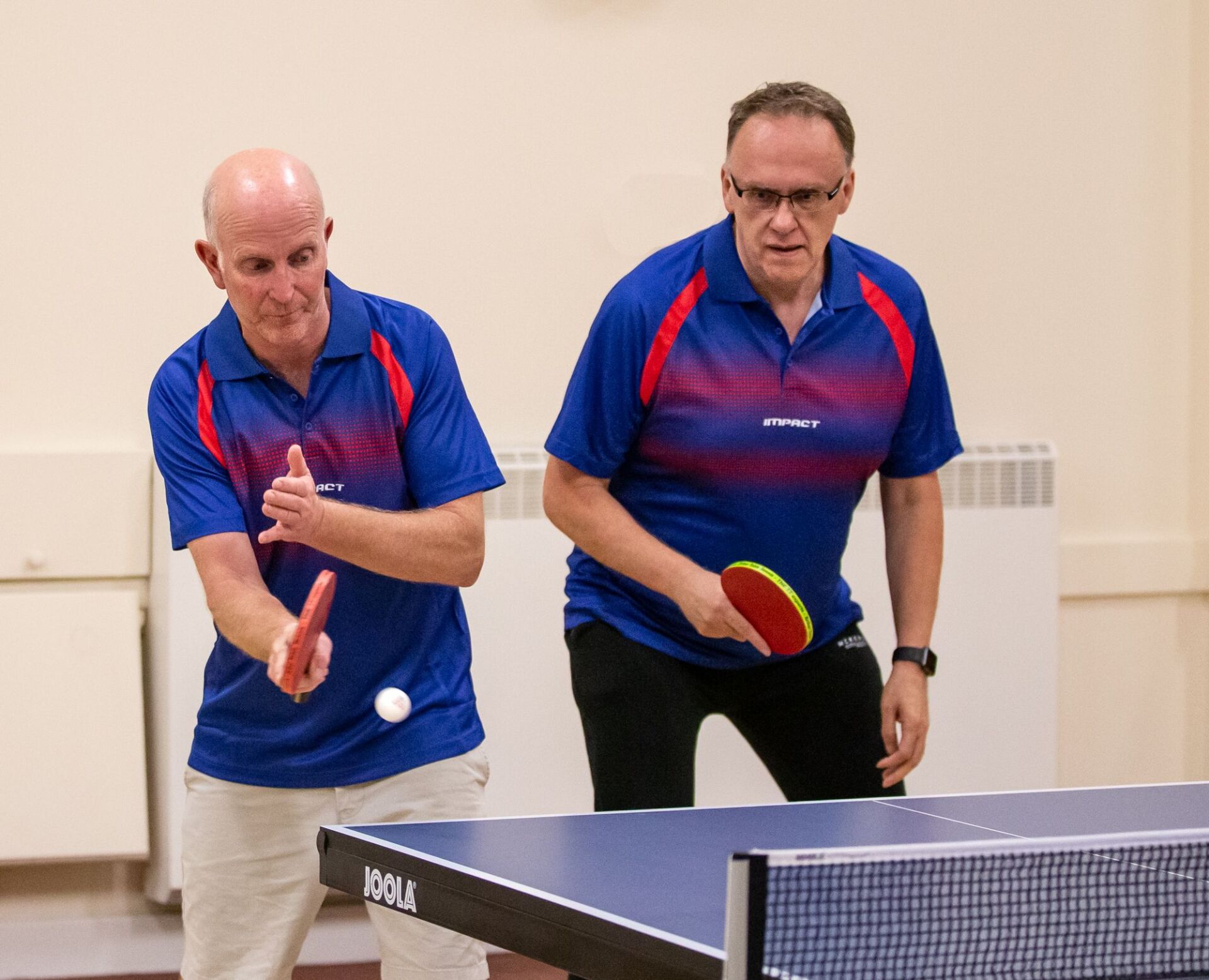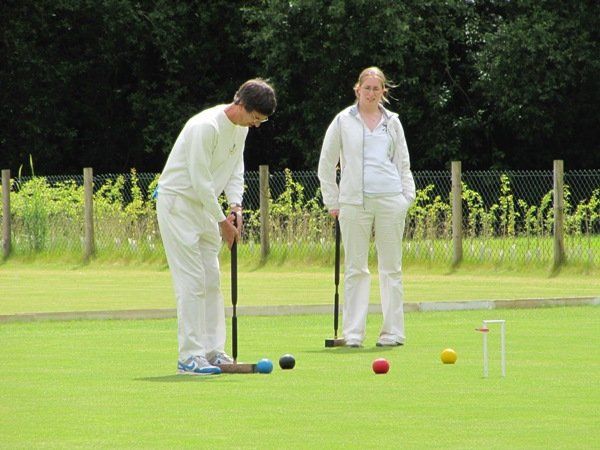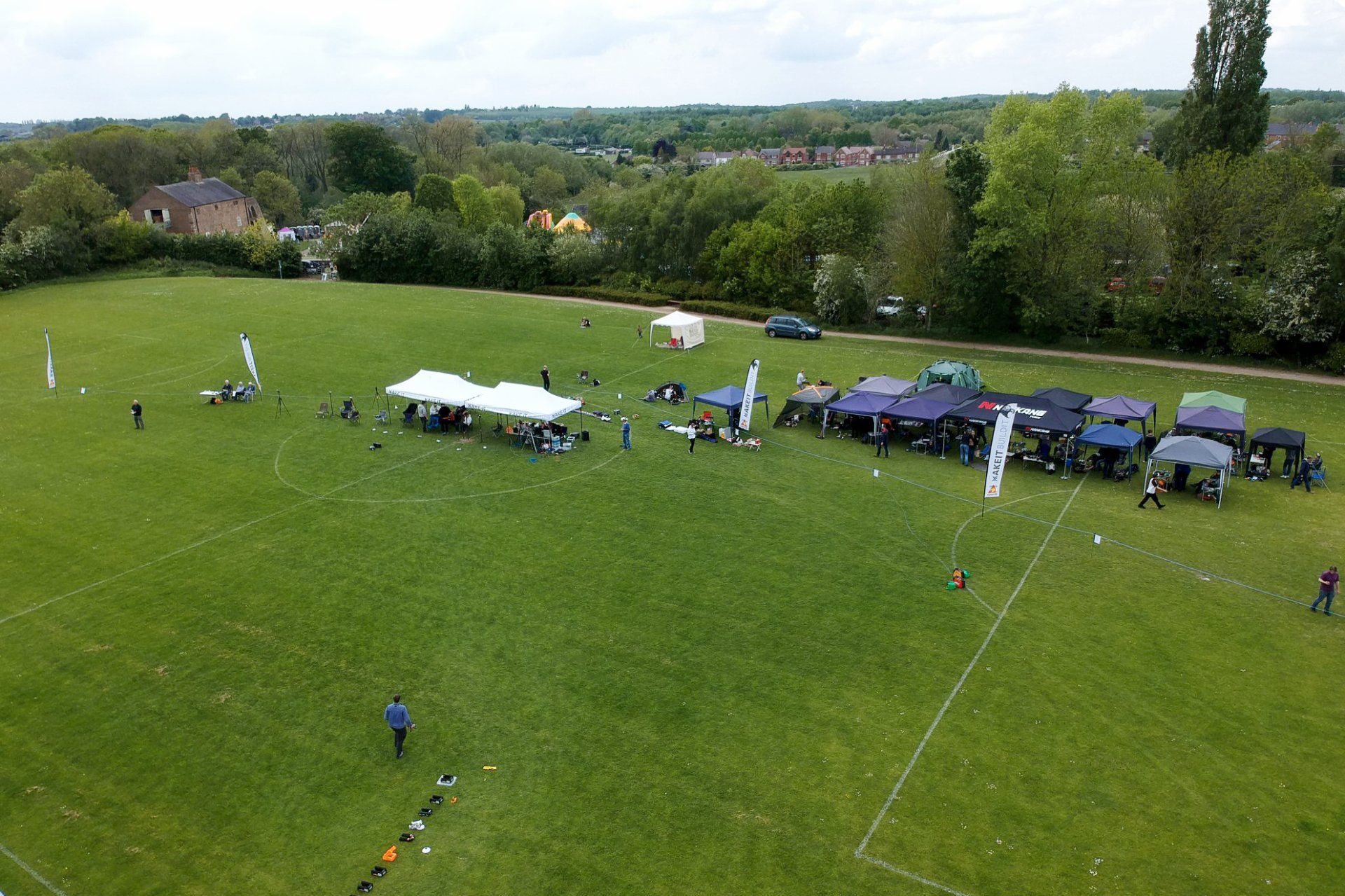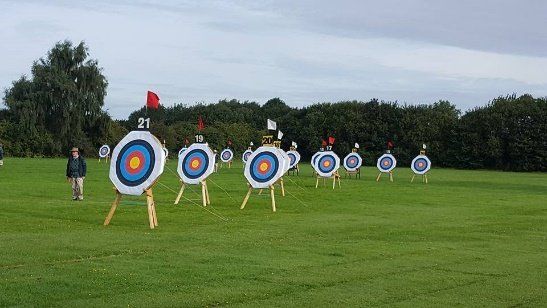Ashby Sport Focus On: Chess
Although it’s unclear, many believe that Chess was invented in India around the 8th century. Then it was known as chatrang, and changed over the centuries by the Arabs, Persians and then ultimately the medieval Europeans, who changed the pieces' names and appearances to resemble the English court.
By 1000 AD, the game had become part of courtly education. Chess was used as an allegory for different social classes performing their proper roles, and the pieces were re-interpreted in their new context. At the same time, the Church remained suspicious of games. Moralists cautioned against devoting too much time to them, and chess was even briefly banned in France.
However the game grew in popularity, and by the 15th century Chess had changed into more like the form we know today. The queen became more powerful in the game, perhaps inspired by the recent surge of strong female leaders. This change accelerated the game’s pace, and as other rules were popularised, common openings and endgames appeared. Chess theory was born. By the nineteenth century, the game had become a fixture of modern European life. Players joined chess clubs, and chess problems became fixtures in major newspapers.
Today, it’s known as a modern game of critical thinking and problem solving. The advent of chess computers that can defeat even the best human players has had dramatic ramifications for the game.
Players can now consult databases of millions of games to identify errors in their own play. This has also allowed players to discover brilliant new moves (called “novelties”) that have never been played before.
Today, no particular school or style of chess dominates. The current world champion, Magnus Carlsen, is famous for playing a variety of openings that keep his opponents guessing.
Fun Facts about Chess
1 - The first international chess tournament was held in London in 1851. This led to the development of modern timekeeping, speed chess variations, and sealed moves.
2 - The first World Chess Championship was held in 1886.
3 - The first undisputed World Chess Champion was the Austrian (later American) player Wilhelm Steinetz.
4 - It wasn’t until the 1880s that white going first was codified in the rules.
5 - The 1972 World Championship match between Boris Spassky and Bobby Fischer has been called the “match of the century” and became a significant event in the Cold War between the United States and the Soviet Union.
6 - The postwar period also saw the introduction of online play and chess computers, which developed in sophistication until they were able to defeat grandmasters by the end of the 1980s.
7 - In 1997, IBM’s Deep Blue managed to defeat Kasparov, then the reigning champion, in a historic match.
8 - There are some great films based around chess, including ‘The Queen’s Gambit’, a brilliant film well worth watching!
Ashby Ivanhoe Chess Club was founded in 1992 by Geoff Whetton. Originally for people to simply play social chess, but as time went on they decided to enter the Leicestershire league. It’s a friendly club who meet every Thursday from 7:15 onwards at The Ivanhoe Social Club, Wilfred Place, Ashby-de-la-Zouch. Sessions last for 3 hours and has players of all abilities and always welcomes newcomers no matter what previous experience they have had.
If you think you might like to give it a try why not join them on a Thursday night from 7:15 onwards. If you would like to know more please contact Neil Roberts on 01530 455957 or 07804 743471 or by email on njhammer@ntlworld.com.
More information can be found here http://leicestershirechess.org/clubs/ashby/ or on their Facebook page.
